10 Dec Angel’s ABA school day at home
This blog tells the story of Angel’s ABA school day at home. Angel started in our home-based programmes around the middle of the year and she’s thriving. Two of the new things that she has come to enjoy through her ABA programme are cooking with dad and Pilates. She had been on an ABA programme in another country and her parents contacted us when the family moved to Gauteng. They chose a home-based programmes due to their concerns around Covid.
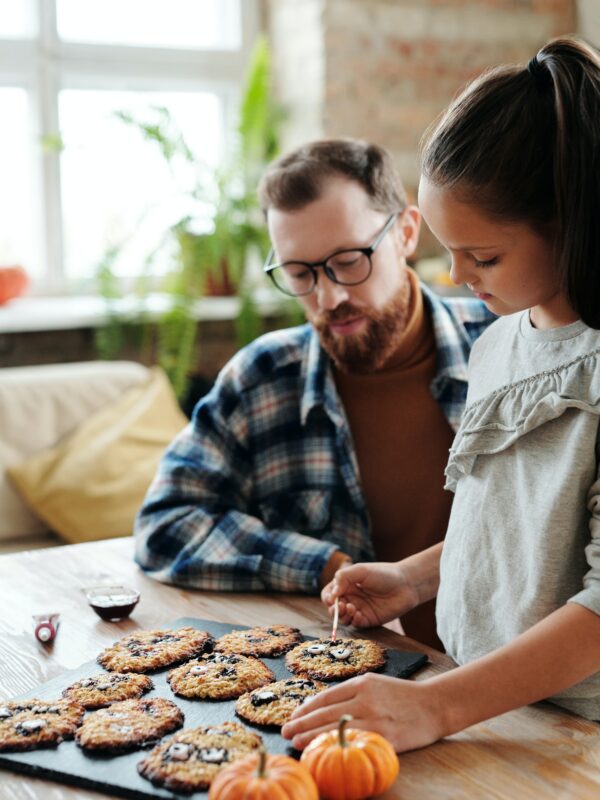
Angel is 16 and looking to live as independently as possible. Her ABA programme is designed specifically to support her in developing the life skills she needs to look after herself. These include cooking, caring for herself and the basic reading and arithmetic needed to manage everyday life.
Angel’s programme is very similar to the ones we run at the school and therapy centre. The main differences are the venue and the absence of peers to interact with during her lessons, exercise times or breaks. The venue is different of course but home is a familiar comfortable environment to work in.
All home-based ABA programmes at Newberry are designed with the well-being and wants of the child in mind. Angel’s programme is constantly assessed and adjusted to match her motivation and progress, as we’ll see later. Her home programme is executed one on one with her tutor, ensuring the same dedication and care she’d receive at the school and centre. Before you read all about what happened during Angel’s recent home session we thought you might like to know how to arrange a home-based session or assessment for your child.
Arranging a Home-based Session
Contact us and we can set up our first call. In that initial discussion, we’ll seek to understand your child’s current developmental strengths and challenges. We’ll ask about any measures you already have in place to support your family. During that call, we’ll give you information about us and our programmes and answer any questions you may have.
The next step is to arrange a date to come for a more formal assessment at Newberry Park therapy centre in Blairgowrie.
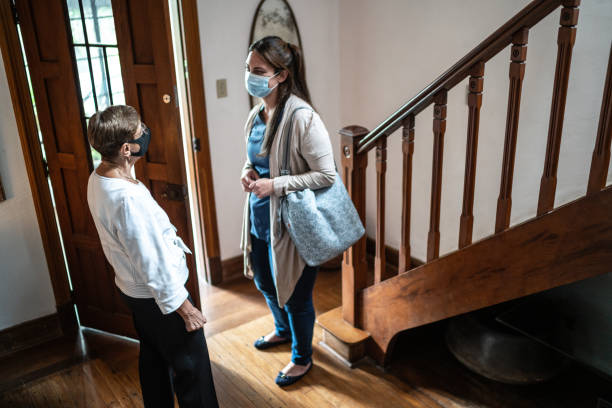
At the centre, Juliet, our Board-Certified Behaviour Analyst (BACB,) will work through the assessment with your child.
After the assessment, the follow-on meeting will address any specific concerns or questions you as parents may have.
Juliet will then create a programme specifically tailored to your child with therapy aimed at where it will be most beneficial.
Then all that remains is to appoint a tutor and then meet with Letitia our administrator and the tutor at your home. During this meeting, your child can start becoming acquainted with their tutor. You can discuss logistics like times and days and set aside a regular area or room for each home-based session.
Meanwhile back at Angel’s home session…
When they first started working together, it took Angel a few days to become accustomed to her tutor but that is long passed.
Angel is waiting excitedly for Bips at the front door this morning. The dog is also barking with excitement. Bips greets everyone when she arrives at 8:30 am, and then spends 30 mins prepping for the programme.
Once 9 am arrives, Angel and Bips formally start their session.
An active start...
The assessment pointed out that Angel would feel better if she improved on her low muscle tone and posture problems.
She just did not enjoy traditional exercises (who does?).

The solution was to start her programme each day with Pilates which is particularly appropriate for girls in her age group. Today, like most days, begins with basic pilates moves.
Once Angel’s body is stretched and feeling awake, they start with some language programmes in Angel’s room to learn how to deal with 3-step instructions and then how to respond to basic questions.
The therapy plan sees this time spent doing pilates as learning leisure skills that she’ll be able to use later. Angel enjoys the benefits of the basic Pilates moves so much she now has a trainer that comes 4 days a week for a more advanced personal class. The Pilates stretches and moves that Bips and Angel do together each session serve to wake up the body.
A cow assists....
Then it’s time for desk work. Bips pulls out a picture of a cow from her bag to work on categories like features and function. In this programme, Bips and Angel talk about the features of the cow – features like the sound it makes or the colour of its face and body and how many legs it has. They also work through functions like how a cow can provide food like beef or milk and cream that can be used to make Bips’s favourite ice cream.
The cow helps Bips make developing language skills interesting. The skills Bips was focussing on were identifying the features, function and class of items. Understanding and using these categories helps improve Angel’s sentence structure and comprehension.
After the desk work, Bips and Angel moved to the kitchen to work on some self-help skills. Angel learned to make her smoothie and cut up her own fruit for snack time. These are new skills she’s been able to use recently to start cooking with her dad.
After the snack, they head back to complete some more desktop programmes which focus on reading and basic maths. Today, Angel is learning to read a recipe and make a shopping list for her cooking.

It feels like a lot has been accomplished throughout the morning so they decide to head for a walk around the complex.
Once they get back, Angel plays outside with the dog for a bit while Bips records some of the daily information she keeps track of.
The data collected is discussed in supervision once a week. This data and the team discussions guide decisions to adjust Angel’s programme in ways that help her stay motivated to continue her progress. These reviews allow Bips and Angel to know when it’s time to move on to the next more complex programme in a series.
Before moving back inside Bips asks mom to pop out to the garden, say hello and participate in a greeting programme.
why is scrapbooking next?
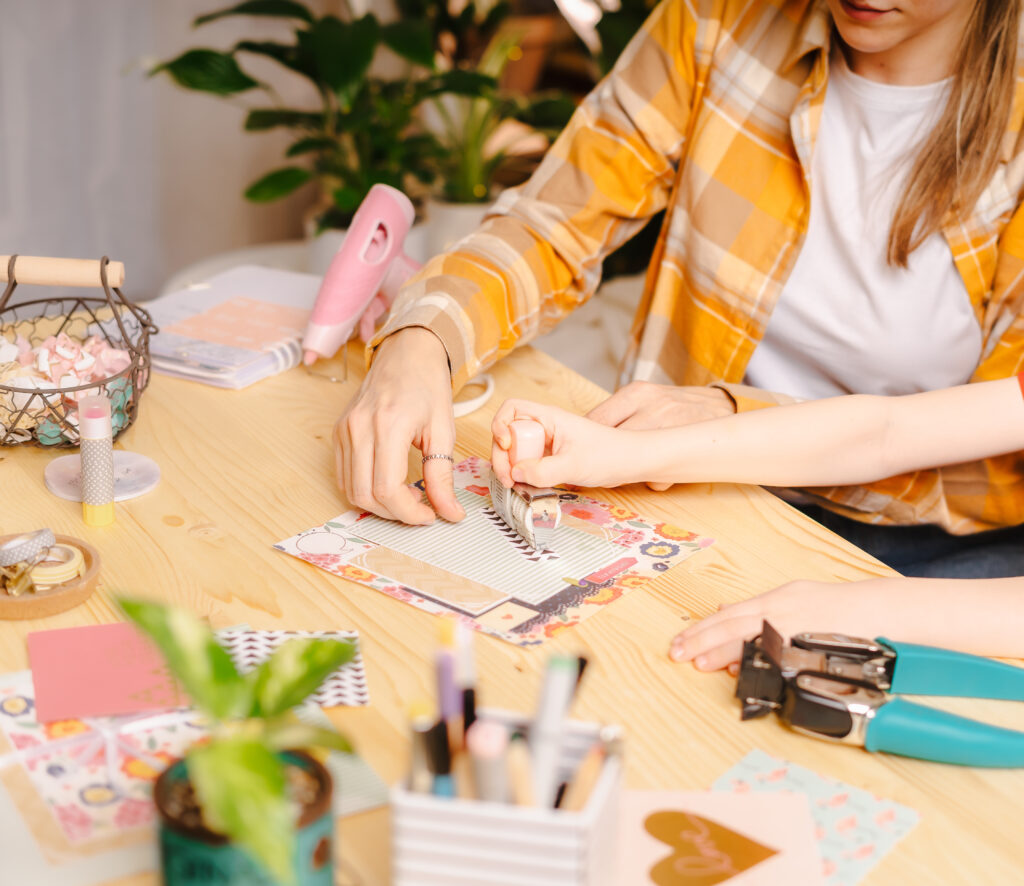
Then it’s back inside to work on Angel’s travel scrapbook. Angel loves arts and crafts and is an avid traveller with her family. Bips has been teaching her how to scrapbook using photos from family trips. We decided to start scrapbooking because it covers a number of learning areas in a very natural way. It allows Angel to increase her fine motor skills and work on further language development.
Her fine motor skills are involved in the fun of cutting out photos, arranging them and sticking them in. While they work Bips helps by probing Angel to tell stories about the pictures and describe what she experienced during the trip. These stories form the language development part of the time spent scrapbooking. This particular day Angel is telling Bips about what happened on a skiing trip with her parents and the landing and transit through Geneva.
On her creative scrapbook pages, Angel is capturing not only the events as she remembers them, but what she thought and felt at the time as well.
Just before they wrap up for the day, Bips often sneaks in a few personal care self-help skills. These are reminders for Angel and include things like dressing and bathing routines or a step-by-step guide to brushing her teeth for herself.
What about her parents?
Before their session comes to an end, Bips gives mom or dad some verbal feedback on how the day has gone. She shares some film she makes once a week to update her parents on how certain skills are progressing and what has been mastered.
Angel’s mom and dad are very pleased with Angel’s progress this year.
Learning to prepare her snacks and meals has been an unexpected bonus. Cooking is her dad’s hobby and they can now share it. He’s really enjoying the new experience of having Angel share his love of cooking and join him in the kitchen.
Alicia, her mom, has been especially happy that Angel is now more independent. She has taken over certain self-help activities for herself, like bathing, brushing her teeth and getting dressed. Alica wanted some of the programme to focus on helping Angel enjoy her leisure time so she is heartened by Angel’s progress in pilates.
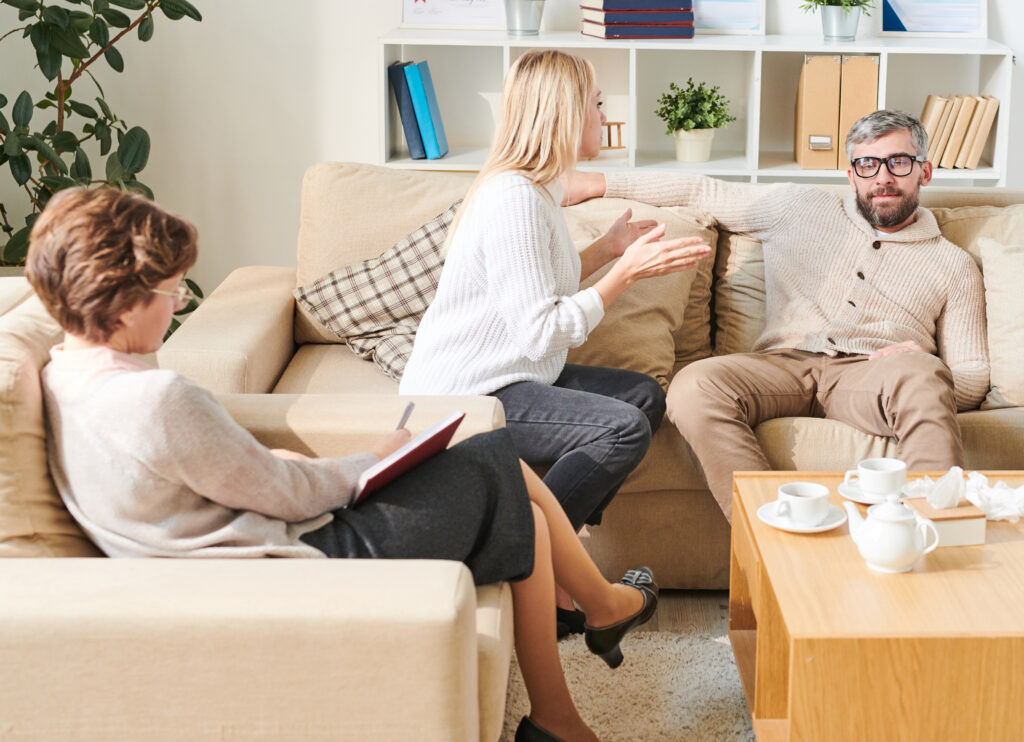
Most of the time Angel’s “school” time is spent with her tutor and her parents are not involved. That helps her focus and improves her progress. From time to time, one of her parents may step in to help like in the Greeting Programme mentioned earlier in her day.
Her parents do sometimes get involved in preparing for a school day. Before starting a programme a material list is sent to Alicia. Most of the time all the needed therapy materials will be provided and brought along by her tutor. Sessions usually involve daily household items, books and pens that the child already has. In Angel’s case, some of the scrapbooking supplies needed a special shopping trip with mom. Occasionally a specific area or room needs to be arranged to conduct therapy. Bips always plans ahead and sends through a list of items she’ll need at least 3 weeks before they’re needed.
We conduct feedback meetings every 2 months with parents to discuss their children’s goals and what they would like us to include in the programme. However, as a team, we meet weekly to discuss the programme and the development of skills
Contact us
Letitia at Newberry East runs the home-based programme, while Juliet, our BACB, conducts the initial assessments and programme development. Read more about getting started on how to arrange an assessment here and more about our home-based programmes here.
Contact Juliet at
NEWBERRY PARK – RANDBURG Juliet@newberrypark.co.za
Contact Letitia at
NEWBERRY EAST – PRETORIA letitia@newberrypark.co.za


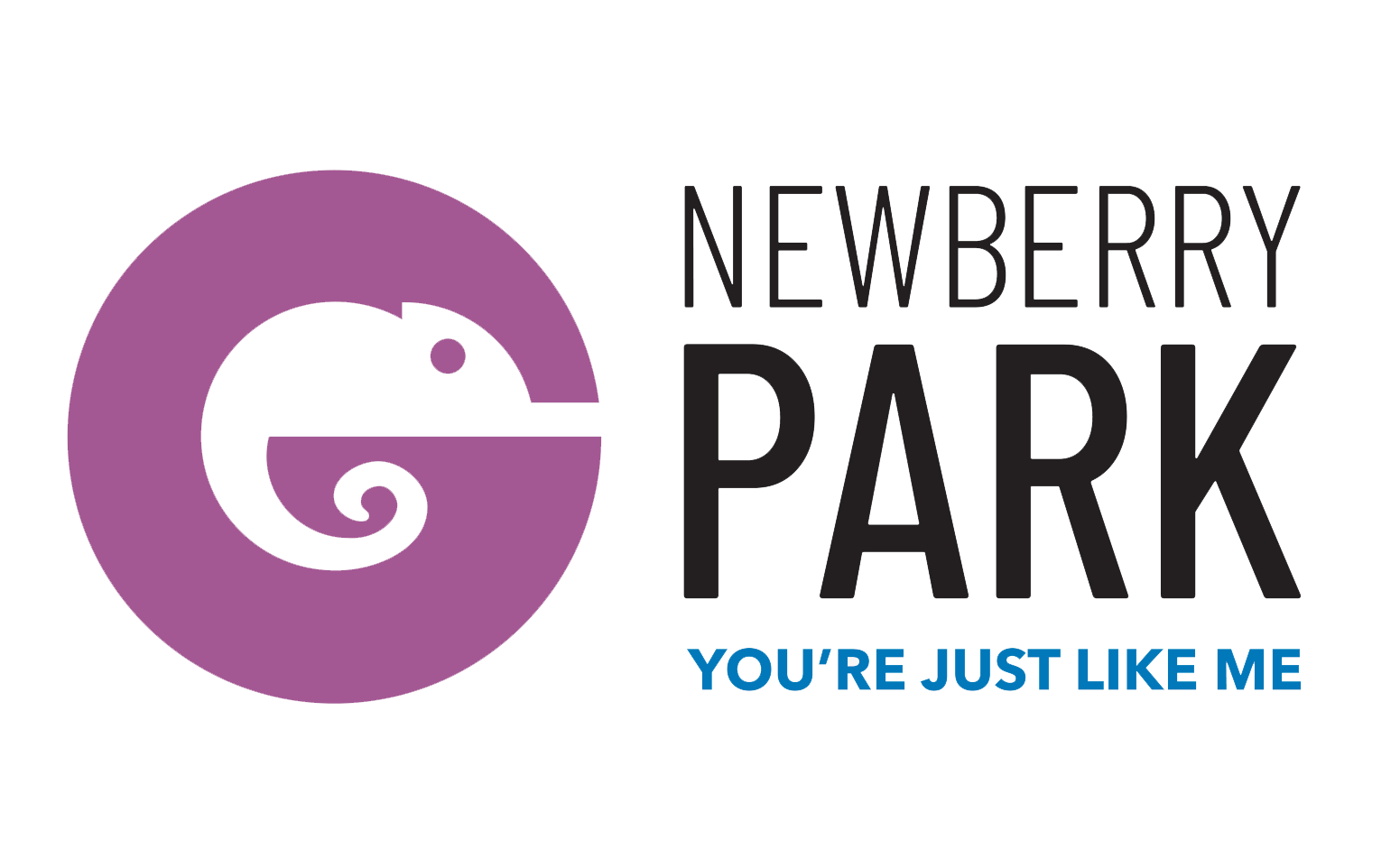

Sorry, the comment form is closed at this time.